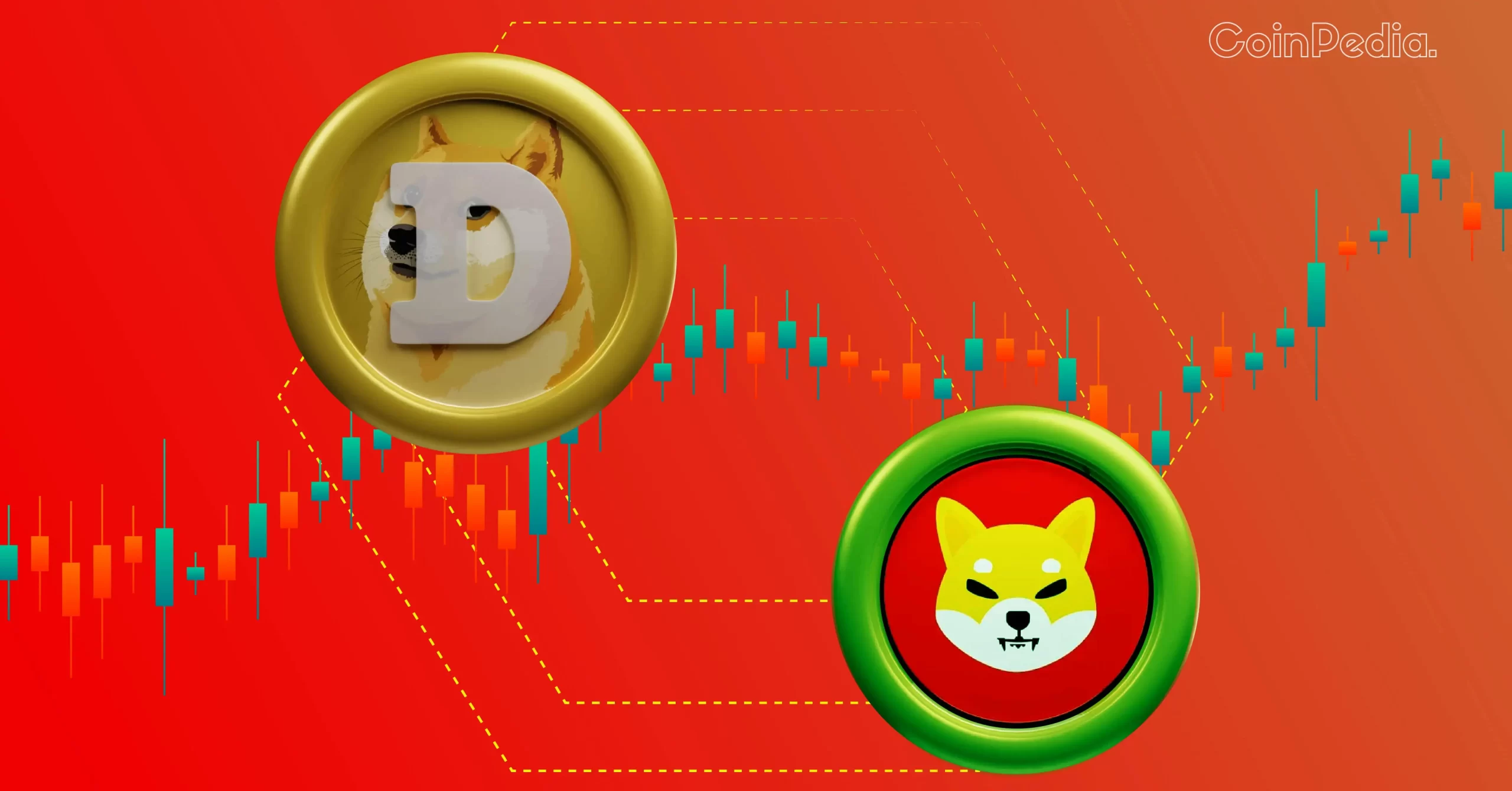The Chicago Mercantile Exchange (CME) Group, which operates a derivatives marketplace, published a report on July 26 discussing the potential dynamics between Bitcoin and Ethereum in the context of the upcoming 2024 halving event.
According to the report’s author, Erik Norland, who serves as CME Group’s senior economist, Ethereum might outperform Bitcoin even if BTC rallies after its halving. This event cuts its issuance in half.
Ethereum And Bitcoin Correlation Before Halving
The CME Group is analyzing the correlation between Bitcoin and Ethereum months before halving, an event whose ripple effects would likely be felt across the market considering Bitcoin’s capitalization and status. Historically, Bitcoin halving events have supported BTC prices while also lifting altcoins in the process.
Bitcoin has been, in recent years, moving independently and emerging as a distinctive asset class, its high correlation with altcoins, especially legacy coins like Ethereum, has seen its expansion drive altcoins even higher. A recent report reveals that Bitcoin’s correlation with Nasdaq was at a 2-year low.
The report recognizes the correlation between Ethereum and Bitcoin and how the ETHBTC pair has moved over the years. However, Norland mentions other possible triggers of a Bitcoin bull run that could impact the ETHBTC pair and influence ETH’s valuation, possibly forcing Ethereum to outperform Bitcoin in 2024.
Top of the list, he says, are the effects of the ongoing war between Russia and Ukraine which could increase Bitcoin’s demand, driving prices higher. Besides, the report highlights the unexpected impact of events like the collapse of regional banks, as it did happen in March 2023, which temporarily boosted prices for Bitcoin and Ethereum, as factors to watch out for.
The possibility of a Bitcoin rally is on the table, looking at past price performances. Nonetheless, the report acknowledges the case of these predictions and potentially influential factors being wrong.
This is considering the level of market maturation over the last four years. Moreover, while past halvings have seen price surges in Bitcoin, there is no guarantee that historical patterns will be repeated.
Macroeconomic Factors And Interest Rates
Exploring macroeconomic factors, including central banks’ monetary policies, and their impact on Bitcoin and Ethereum, Norland said central banks would play a critical role going forward. On July 26, the Federal Reserve increased interest rates after an initial pause, forcing Bitcoin prices higher. Prices are now edging lower when writing, trending towards $30,000.
Looking back, in 2020, central banks reduced rates and engaged in quantitative easing, pumping ETH and BTC prices to all-time highs. However, as inflation took root in 2021, central banks adjusted their policies and hiked rates, triggering a crypto winter from which most coins, including Ethereum, have yet to recover from fully.
Feature image from Canva, chart from TradingView
Credit: Source link















































